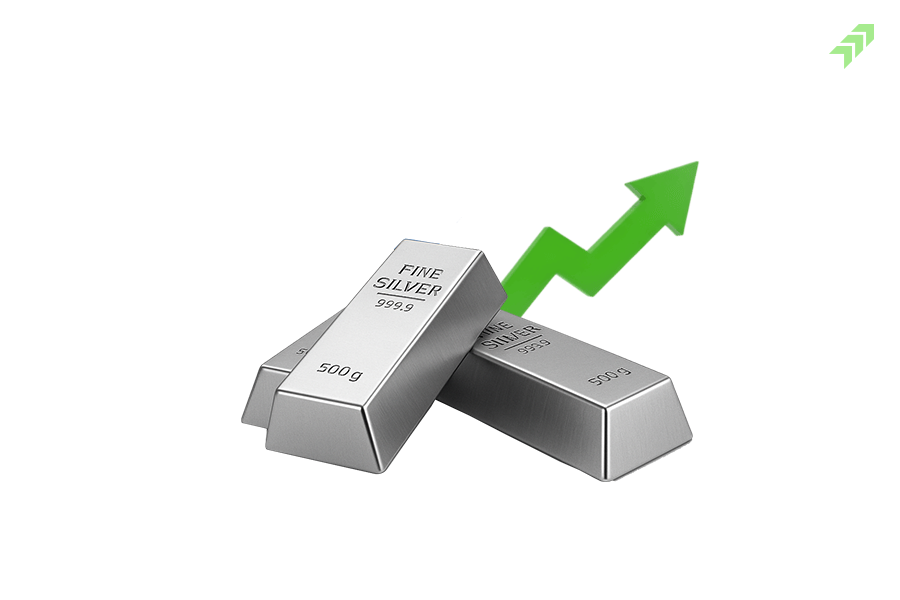Except for holidays and unexpected events, the stock market runs during all weekdays every year. Long-term or medium-term investors who are not useto participate in the market every day, they grab the best investing opportunity when the market falls or has short-term corrections to buy stocks at the low levels.
On the other hand, day traders or short-term investors always try to find trading opportunities almost every day. But is it right to trade in the stock market every day, or should you avoid trading in certain situations? Yes, there are various conditions or unfavourable situations when you should not trade. You can incur unexpected losses, or your trade positions might go worthless.
When Not to Trade in the Stock Market:
1.When You’re Not Prepared
For trading in the stock market, you need various resources like the right online trading platform, uninterrupted internet connectivity and access to various critical information of the market with live trading data. You need to prepare with all these setups to enter into a trade position.
Also Read: Advantages of Best Online Trading Platforms or Apps in India
If you don’t have these resources or lack of tools or the besttrading platform with the necessary market information, it would not be possible to trade with the right strategy. And trading without the right preparation might fail your trade positions resulting unexpected losses.
-
When Market is Too Volatile
Though a little bit of volatility in the market is necessary for day traders or F&O trading, when the market is highly volatile, you should avoid trading. When the market trades with high volatility, the stock price or various underlying securities can move unexpectedly in any direction, which can affect your trade position.
However, if you are trading in the derivatives market, then you can trade with the right strategy, as entering into both sides of trade positions can make your trades profitable. But here you need to pick the right option trading strategy, as per the market condition, while considering the risk and reward factors.
-
On the Day of F&O Expiry
Usually, on the day of future and option expiry, the market is highly volatile, and there could be both sides movement during the entire trading day. Entering into a trade position with the expectations of one side movement could be very risky, as on the day of expiry, all the F&O trade positions are either squared off or traders use to close their positions at any cost, whether it is in profit or loss.
Hence, on the day of derivatives expiration, you should avoid trading and wait for the market trend the next day. And as per the new trend, you should choose the right trading strategy. However, to take advantage of the momentum in the stock, you can enter into an intraday trading and book some profits.
-
When the Market is Too High
Apart from the volatility in the market, you should also avoid trading when the market is running at its highest level. Means when the market is overvalued or trading in the overbought zone, you should avoid trading, especially don’t enter into any long position or buy the stock.
At such a high valuation, there is a higher chance of a correction or a trend reversal, moving the market against your trade position. Here, either you should wait if there is a breakout with a huge volume of trading or when the market turns back in the downwards direction, you can enter into the short position.
-
When the Market is Too Low
Similarly, when the market trades at its lowest level, you should avoid trading, as there could be a trend reversal anytime, putting your trade position at risk. At low levels, you should avoid shortselling or entering into any short position, as there is no more potential for further movement, and if the market turns back, you will incur the loss or your stop loss hits, if you trade with a stop-loss risk management strategy.
However, if you still want to trade when the market is at its lowest levels, you can enter into long positions, but make sure there is a chance of trend reversal. To confirm the same, check the trading volume and use the technical indicators to know the next move of the market and enter into the trade accordingly.
-
When Trading Volume is Low
When the market moves in a particular direction with a strong trend, it means there is significant trading volume in the market. With the huge volume of trades, there are sufficient buyers and sellers in the market, giving a strong sentiment to other traders or investors to enter into the trade position.
However, if there is no significant trading volume in the market, you should avoid trading. As you will not find sufficient buyers and sellers in the market, this will make it difficult for you to easily enter or exit any trade position. Apart from that, due to a lack of substantial trading volume, the market will not move in any particular direction and is most likely to consolidate, resulting in no significant movement in the stocks.
-
When the Market is Unfavourable
Apart from any directional movement, you should also avoid trading when it is trading against your expectations. Means if you are looking to enter into a long position and the market is moving into a downtrend direction or trading with a bearish trend, you should never buy any stock for trading.
Also Read: Best Option Strategy for Bearish Market: 7 Option Strategies
On the other hand, when the market is moving in an upward direction or trading with a bullish trend, you should avoid entering into any short-selling. Trading against the market trend is not only risky but can also result in huge losses due to unfavourable moves.
-
When Events to be Announced
The movement of the stock market is affected by various factors like economic activities, political events, sectoral or industry trends, corporate actions and other activities like inflation data, monetary actions by the central bank or regulatory authorities and governments.
Positive news from such events creates a positive sentiment in the market, and negative news from such events generates a negative sentiment among the investors.
Hence, when such news or events are likely to be announcing, you should avoid trading on that day unless it is officially announce by the responsible entity. Initially, for the normal traders or retail investors, it is difficult to evaluate the impact of such news and events on the market. So, you should wait and confirm when the market starts moving in a particular direction, then only enter into a trade position.
-
When Your Mind is Upset
Your emotions play a big role in making decisions in your personal as well as professional life. Yes, a person influenced by various emotional factors like fear, anger, frustration and happiness can stimulate him to take unfair decision in their life. Similarly, when you are going through such emotions, you should avoid trading, as you would not be able to make a rational decision, resulting in your trade position being compromised.
Also Read: Benefits of Investing in the Stock Market: Advantages of Share Market
Psychological factors play a big role in making decisions while trading in the market. If you are very happy, you could take a high risk and enter into unnecessary trade positions. On the other hand, if you are sad or depressed, you will not be able to decide to take any risk, resulting in missing the trading opportunity in the market. Hence, when you are emotionally challenged, avoid trading in the market.
-
When You Don’t Feel Well
This physical factor disturbs your overall health, including your mind, to make the right decision at the right time. Yes, when you are not feeling well or suffering from any health problem, you should avoid trading in the market. When your health is not ok, your mind will also be upset or disturbed, not allowing you to make the proper decisions in picking the right stock and trade with the right strategy.
And when you are not physically fit or have a health issue, it would not be possible to stay psychologically ok, especially while making the crucial decisions in trading. Hence, it’s better to stay away from the trading terminals and focus on your health to recover and make risky decisions with a healthy mind.
Summing-up
The stock market is meant for trading and investing, but it doesn’t mean you jump into the market every day. Yes, there are certain situations when you should not trade in the market. You should avoid trading when the market is highly volatile and unfavourable, or you can say not moving as per your expectations.
Also Read: How to Stop or Avoid Overtrading in the Stock Market: 8 Tips
Furthermore, avoid trading when you are looking to enter into a long trade or short position and the market is at very high levels or at very low levels, respectively. Similarly, on F&O expiry day or when any news or events likely to be announced, you should avoid trading in the market.
And last but not the least, if you are not feeling well or mentally upset, you should never trade in the market, as you would not be able to make the right decisions. The unfavourable market conditions or low trading volume can affect your trading strategy, not allowing you to enter or exit from your trade positions as per your expectations. And you may incur huge losses trading in such unfavourable market situations.

















